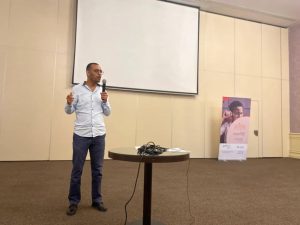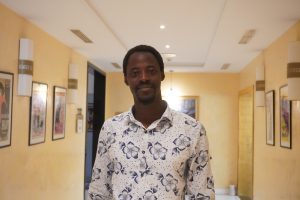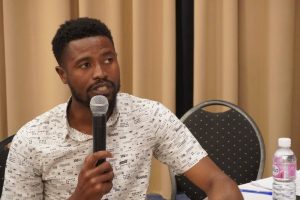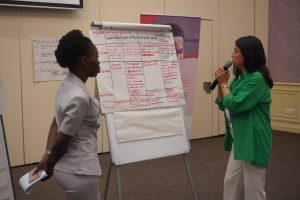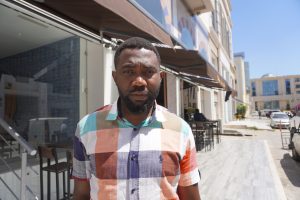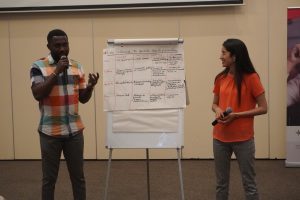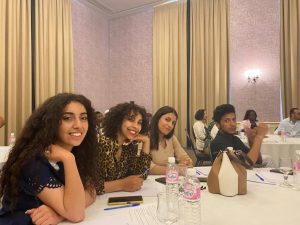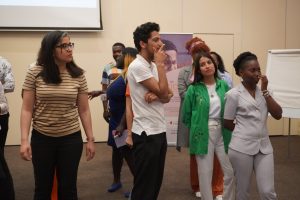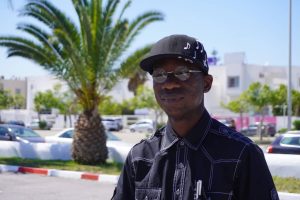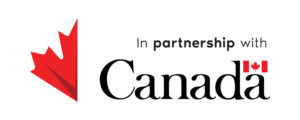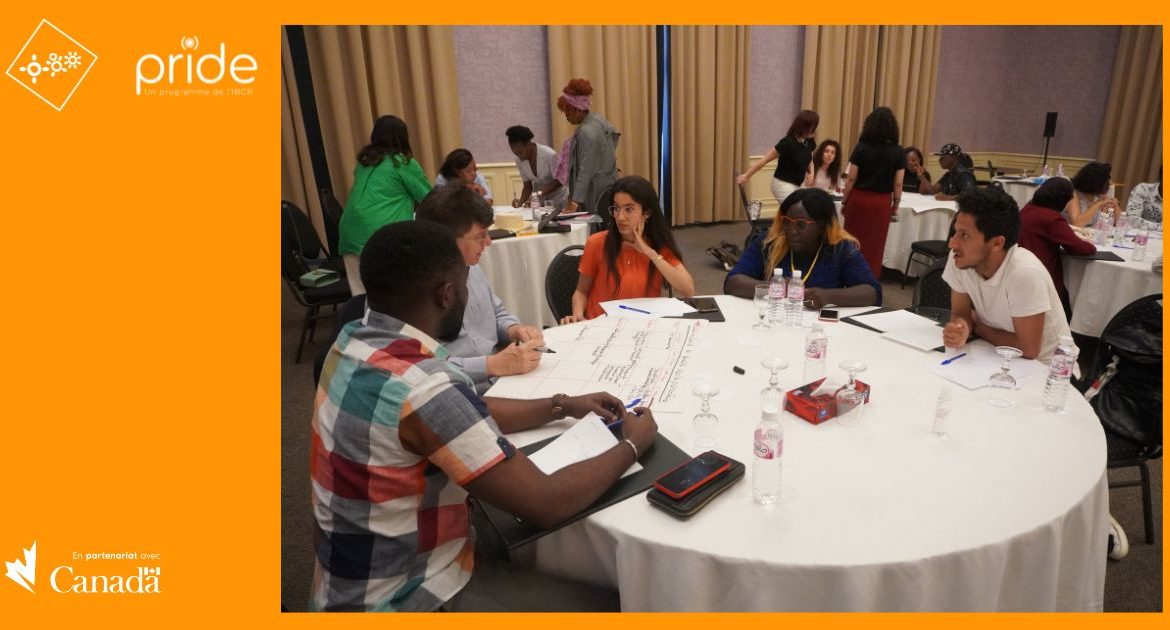
Human migration is a phenomenon that has always existed. However, in recent years, a record number of people have been migrating. There have never been so many people living in a country other than the one in which they were born¹, according to the International Organization for Migration (IOM) report published in December 2022, which predicted that there will be 281 million migrants in 2020, 51 million more than in 2010, more than twice as many as in 1990 and more than three times as many as in 1970.
The photo essay was written and designed in close collaboration with Jean-Ferdinand Mohenou, a volunteer deployed in Tunisia with the Tunisian Forum For Youth Empowerment (TFYE) as a child rights and advocacy advisor and Lara Pocok, Regional Manager – North Africa and Madagascar.
According to UNICEF, one in eight migrants is a child, representing 36.5 million girls and boys in migration situations worldwide. Migration can involve many obstacles and result in the violation of children’s rights.
Today, about one third of children in migration situations are seeking asylum or have the legal status of “refugees” which grants them special protection under international law² while even more children are internally displaced. The number of migrant children travelling from their country or region of origin, without their parents, a family member or a close relative due to the political, economic and increasingly climatic context is increasing. They are referred to as unaccompanied children. Whether they are refugees or not, these children are even more vulnerable to exploitation and violence. As children, all girls and boys in migration situations, regardless of their migration status, are entitled to special protection under international law. In the space of a few years, Tunisia has gone from a country of departure to a country of transit, to finally become a country of destination. Governmental bodies as well as Tunisian civil society are now trying to respond to this paradigm shift. To enable child protection officers (DPE) as well as members of the civil society to be better informed and equipped to address the challenges related to the treatment and support of unaccompanied children and to exchange good practice, the IBCR partnered with IOM in May 2022 as part of its PRIDE international volunteering programme, to hold training workshops on the subject. These three workshops were facilitated by François Crépeau, Professor at McGill University in Montreal and former UN Special Rapporteur on the Human Rights of Migrants, who joined the PRIDE programme for a two-week term in May 2022 in Tunisia. Mr. Crépeau also participated in a fourth event organised by IOM specifically for members of the Tunisian Bar Association. At an interministerial workshop organised by the IOM in May 2022 following the IBCR event, the Minister for Family, Women, Children and the Elderly, Ms Amel Moussa, said that « the number of immigrant children currently in Tunisia is 1,816, or 22% of the total number of immigrants who arrived in Tunisia, estimated at over 8,000 ». The Minister then reported on some of the efforts undertaken to support these children, including the sponsorship of approximately 400 children, the targeted protection of 39 children and the inclusion of 30 children in the Ministry’s early childhood programme. To promote greater respect for the rights of migrant children, the training began with a presentation of international instruments and the Tunisian legal framework. International instruments and child migration : To ensure the protection and implementation of their rights, appropriate child protection mechanisms must be in place as soon as the child enters the country. State child protection bodies, in collaboration with civil society, must be able to provide services to children in a language they understand at an early stage and assign them a competent guardian who speaks their language and is responsible for defending their rights. I was very happy to participate in the activities and training on the rights of migrant children organised by the IBCR on 19 and 20 May 2022. For us who meet dozens of migrant families on a daily basis, it has been a challenge and a never-ending learning process, to get quality information that we now take care of passing on during our awareness raising actions, that is why I was very happy to participate in the activities and training on migrant children’s rights organised by IBCR. The fundamental principles and rights that should be applied to children in migration situations Like every child, children in migration situations are holders of rights that States and society as a whole must respect. And finally, how could they benefit from education or care? This is a summary of our current concern in a few questions. But we were well equipped during the IBCR workshops and we now believe that we can face the many difficulties we encounter in the field, as an association of migrants, the meeting of public actors and NGOs reinforces our hopes for the improvement of the living conditions of migrant people.Seri Olivier - Secretary General of the Lion Heart association for humanitarian aid The workshops organised in Tunis in partnership with the IOM mark the first of their kind for the PRIDE programme, which aims, beyond the mere deployment of qualified volunteers, to strengthen the overall protection of children and the respect of their rights at the national level of its countries of action. In Tunisia, the issue of child migration is becoming a major concern, which is why the IBCR, through PRIDE, is striving to contribute to strengthening the skills of child protection actors on the subject through such training workshops and to promote dialogue between civil society and state institutions. ¹United Nations’s source : https://www.un.org/en/global-issues/migration ²UNICEF’s source : https://www.unicef.fr/article/enfants-migrants-et-refugies/ PRIDE programme funded Who are the children in migration situations?
Migration in Tunisia

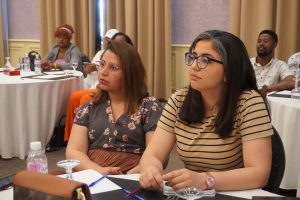
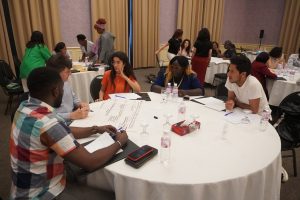
Testimonials from participants of the IBCR workshop
